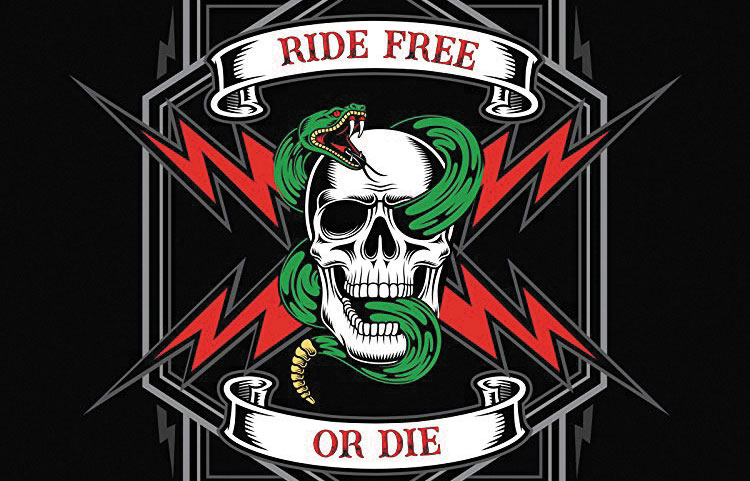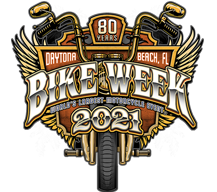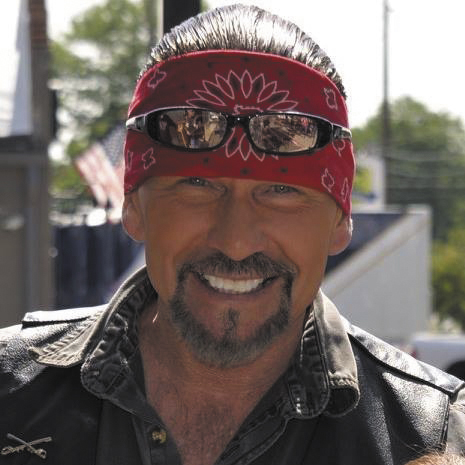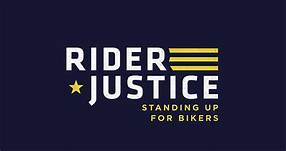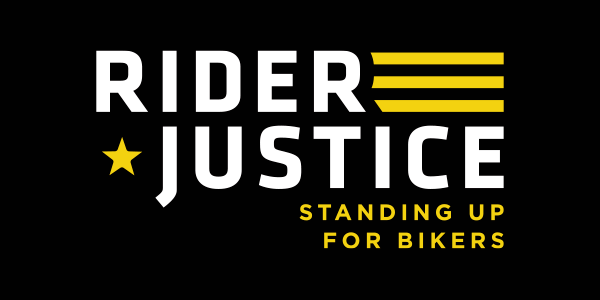Ride Free or Die movie is an insider’s look into the political world of motorcycle clubs. The clubs are fighting for their constitutional rights against what they perceive as law enforcement profiling and harassment. The documentary features Mongols MC, Outsiders MC, Devils Disciples MC, Sin City Deciples, and clubs from all over America. Our local leaders in the Colorado Confederation of Clubs were also featured in this movie.
Motorcycle clubs are regularly portrayed as gangs on shows such as Sons of Anarchy, Mayans MC and The Devils Ride. The theme of these TV shows is violence, drug running, as well as demeaning women as pass arounds with no value in the club. While this is entertaining on TV shows, the truth is that most motorcycle club members are family orientated and believe in a biker code of loyalty, honor and respect.
It is important to understand the legal definition of motorcycle profiling because it happens every day to riders across the nation. There are an estimated 10 million registered motorcyclists in America representing all walks of life. They include doctors, lawyers, business owners, military veterans, blue collar workers, and even state legislators.
Unfortunately, the overly broad outlaw biker stereotype embraced by many in law enforcement results in selective enforcement and discriminatory traffic stops targeting a sizable portion of the motorcycling community. To understand your rights as a rider, you should know the definition of motorcycle profiling as it relates to the law.
The definition of motorcycle profiling is as follow: the arbitrary use of the fact that a person rides a motorcycle or wears motorcycle related paraphernalia as a factor in deciding to stop and question, take enforcement action, arrest or search a person or vehicle.
Solely relying on appearance as opposed to the legal requirement of conduct amounts to discrimination and violates federal law. You should immediately consult a motorcycle attorney and explore your options. Depending on the circumstances of the stop there are numerous potential claims that may be brought under Section 1983 of the Civil Rights Act.
Profiling violates the 1st Amendment. Being in a motorcycle club or organization, and displaying symbols of association, are both irrefutably protected by the 1st Amendment. The U.S. Supreme Court ruled in the case of Cohen v. California, 403 U.S. 15 (1971) that individuals have the constitutional right under the 1st Amendment to wear clothing which displays writing or designs and has long recognized and protected the right of an individual to freedom of association. More recent cases confirm that 1st Amendment protection specifically applies to motorcycle club and organization colors and clothing.
Profiling violates the 14th Amendment. In Whren v. US (Supreme Court, # 95-5841, 1996) the Court made a clear distinction between discriminatory stops and mere investigatory stops. The court said, “The Constitution prohibits selective enforcement of the law.” Although the 4th Amendment is not the proper basis for a complaint, discriminatory or selective enforcement stops are a violation of the Due Process and Equal Protection Clauses of the 14th Amendment.
Profiling violates the 4th Amendment. When the duration of the stop extends beyond the reasonable amount of time to adjudicate the traffic infraction then the stop is may be found unreasonable under the 4th Amendment. There is no set time for a reasonable stop because the circumstances of each stop are unique.
This movie will show dash cam and body cam videos of law enforcement violating the 14th and 4th amendments with no probable cause other than the vests and club colors they are wearing.
Ride Free or Die is available to download on Amazon Prime Video and we hope that readers will take time to watch this movie and will walk away better informed.

